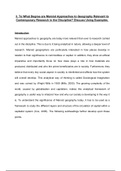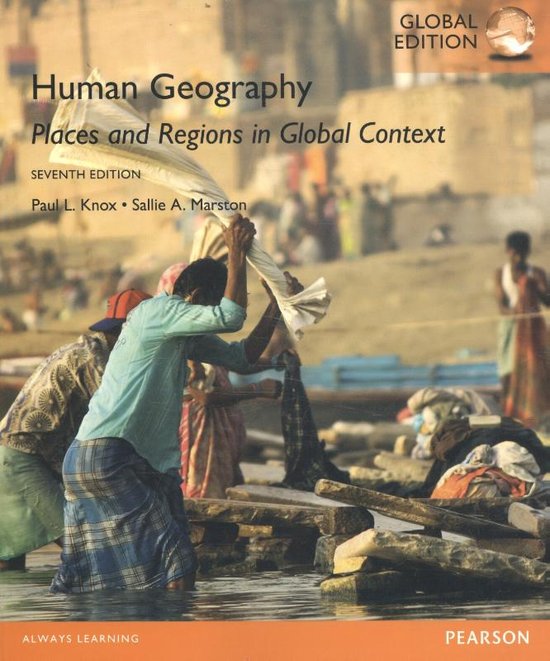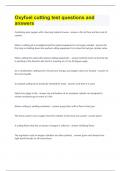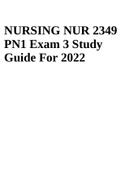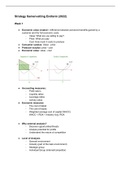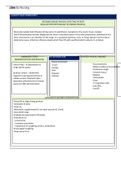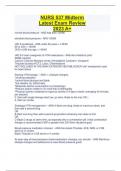Essay
Marxist Geography and the Capitalist System
- Vak
- Instelling
- Boek
This essay covers the topic, "To What Degree are Marxist Approaches to Geography Relevant to Contemporary Research in the Discipline? Discuss Using Examples" Second year Principles and Theory in Human Geography module for BA Geography. I was restricted to 2,000 words. Double spaced and bibliograph...
[Meer zien]
